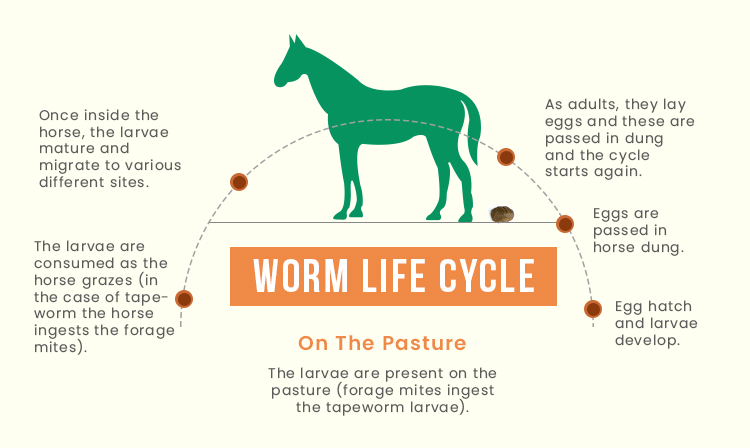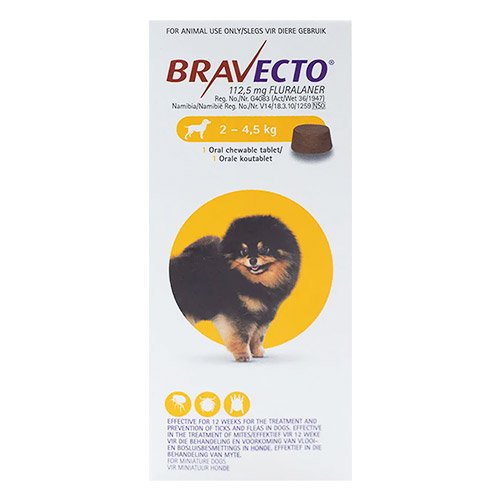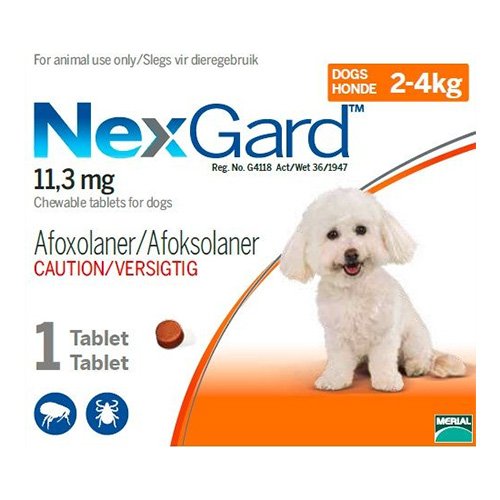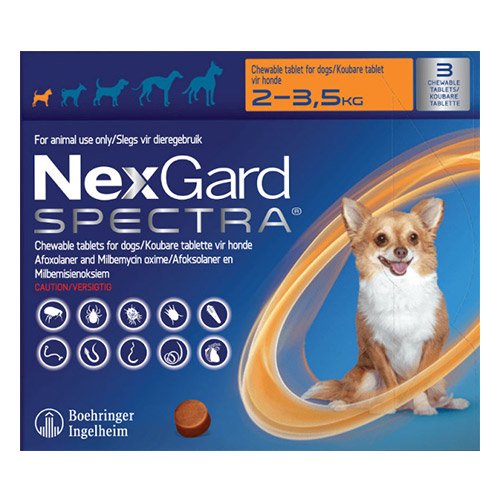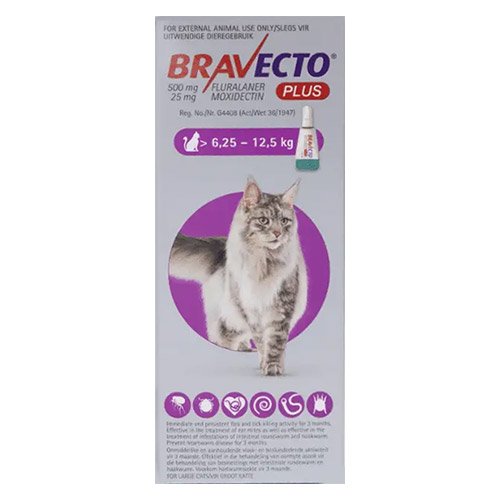-
Popular Brands View All BrandsPopular Brands View All BrandsPopular Brands View All BrandsPopular Brands View All BrandsPopular Brands View All Brands
- Dogs
- Cats
- Brands
- New Arrivals
- Below R150
- Refer & Save More
- National Cat Month

Aug 27, 2018
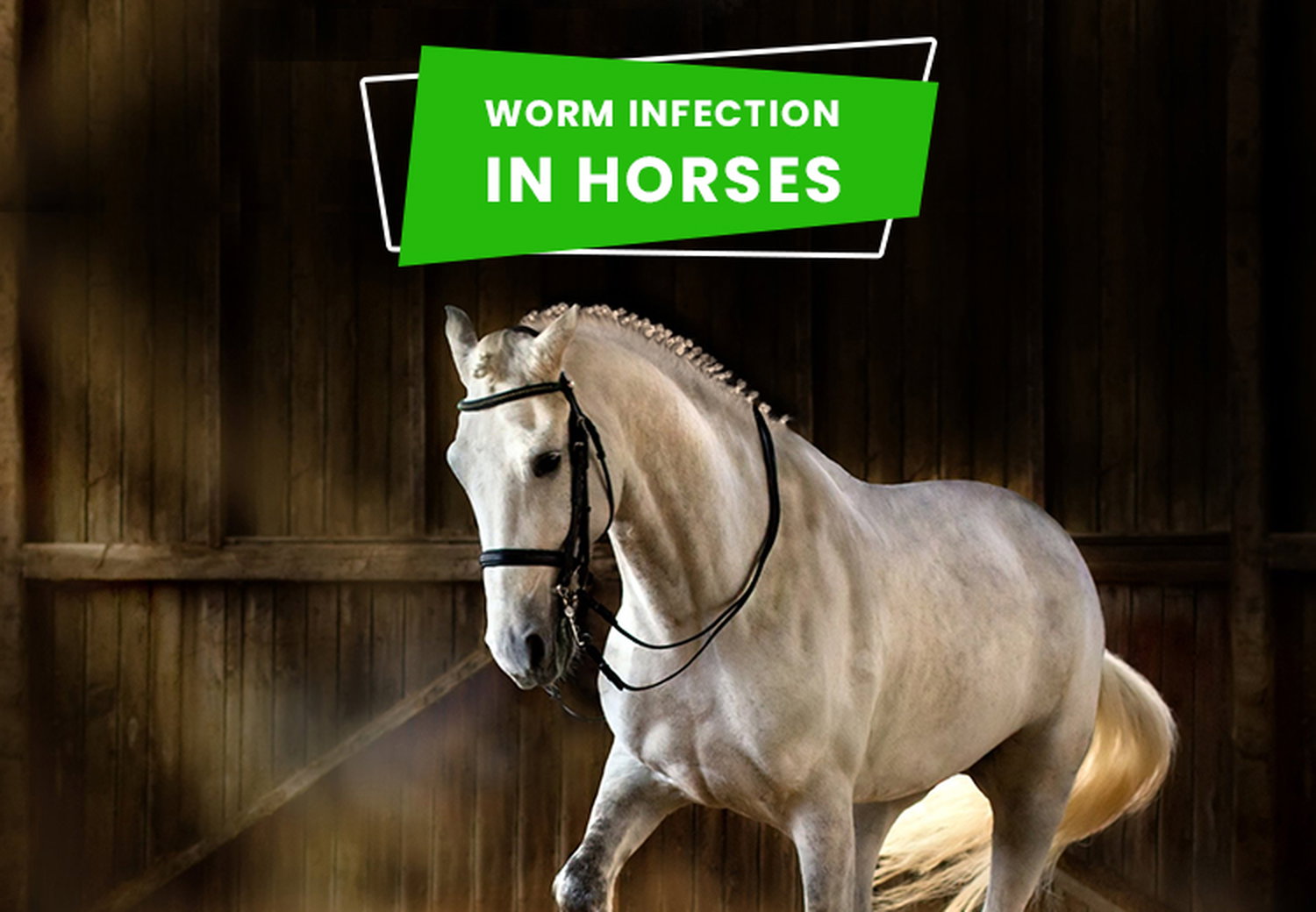
It can be very frustrating when you feed your horses the best quality food there is, yet they still battle to put on weight or have that super shiny coat. You should consider that your horses could be suffering from a heavy worm load. I say ‘heavy’ as all horses have worms, in small numbers, which usually don’t cause a problem.
Worms not only cause loss of condition, they can also cause stomach ulcers, colic and diarrhoea. Having a deworming schedule can prevent these problems in your horses. Some of the intestinal parasites responsible include tapeworms, roundworms, pinworms, whipworms and bots.
Roundworms are more common than tapeworm, so your horses should be treated for them more regularly. Tapeworms can be treated once a year, but it’s best to get your horses’ manure checked by your veterinarian quarterly. Your vet will do a faecal egg count on the manure to see what the worm count is and then advise on the necessary deworming schedule and product.
Roundworms, known as strongyles, can cause terrible intestinal problems including impactions and intestinal perforations. The small stronglyes (redworms) are the most common worm found in horses.
Horses are sometimes seen rubbing their tail against poll posts or trees, a sign of itchiness and possibly also whipworms or pinworms. These worms lay their eggs around the anus, causing your horse to be extremely itchy.
Bots are the larval stage of the bot fly. They can cause ulcers and colic.
It’s important to teach your grooms about worms so they can check the horses’ manure as they pick it up. Pasture management is an important tool to control worm loads and infection.
Foals are dewormed at 3 weeks of age and every three to 6 months thereafter. Some worm eggs don’t always appear in the egg count. These worms should usually be treated for only once or twice each year. It’s important to select the correct dewormer and not to deworm your horses too often as this may lead to worm resistance. The active ingredient in the dewormer will then no longer be effective at killing the worm.
Jan 29, 2026
Regardless of their breed and age, all dogs love to munch on treats. Treats are primarily used to encourage good behavior, helping dogs ass...
Jan 16, 2026
Eggs are unquestionably one of the favourite breakfast options for humans. But is this nutrient-rich food equally good for dogs? That&rsquo...



© 2026 BudgetPetSupplies.co.za (MSV Pet Care (Pty) Ltd.) - All Rights Reserved.

